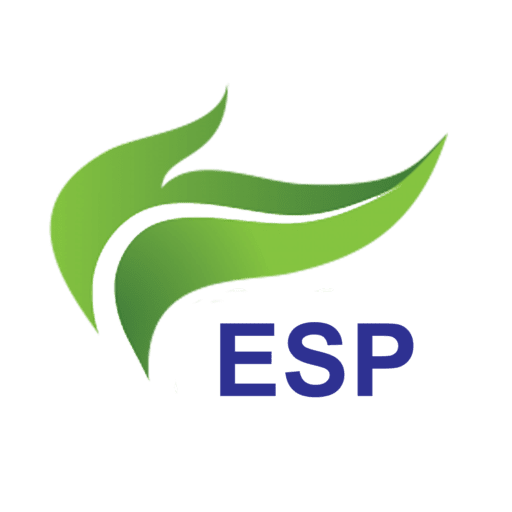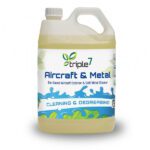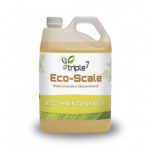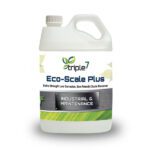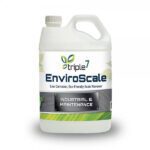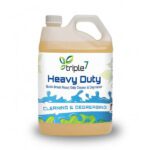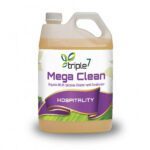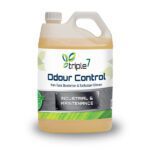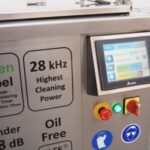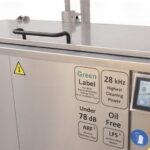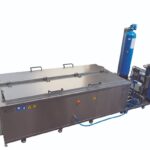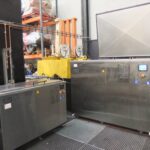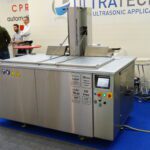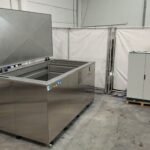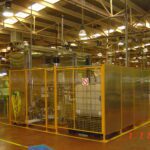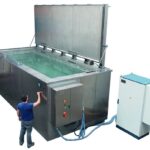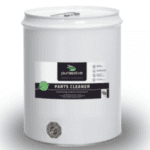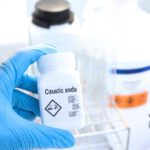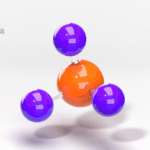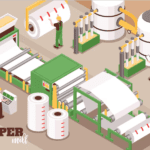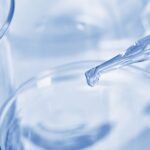Solvent cleaners and aqueous cleaners are both commonly used in a wide range of industrial, home, and institutional cleaning applications. However, they have different properties and capabilities, and each has its own set of merits and demerits.
Solvent cleaners are liquids that are able to dissolve or suspend other substances. They are commonly used in heavy-duty industrial cleaning applications, such as limescale removal and surface preparation. Solvents are highly effective at removing a wide range of stains and soils, including oil and grease, and are suitable for use in heavy-duty industrial cleaning applications. They can also be used for a variety of tasks, such as limescale removal and surface preparation.
One of the major advantages of solvent cleaners is their ability to quickly and effectively remove heavy stains and soils. They are also typically more effective than aqueous cleaners in dissolving oily and greasy substances. Solvent cleaners are also useful in applications where water is not appropriate such as electrical components and machinery, as they are non-conductive.
However, solvent cleaners also have a number of drawbacks. They are often toxic, flammable and carcinogenic, and can have negative effects on air and water quality, as well as on human health. They also require special handling and disposal procedures to prevent contamination of the environment. They are not suitable for use in food service and medical facilities as they can be harmful.
Aqueous cleaners, on the other hand, are cleaning solutions that are based on water. They are commonly used in institutional and home cleaning applications, such as kitchen cleaning, laundry, and floor cleaning. Aqueous cleaners are versatile and can be used for a variety of cleaning tasks, and are biodegradable and non-toxic. They are safe for use in food service and medical facilities, and are less flammable than solvents.


One of the major advantages of aqueous cleaners is that they are less toxic and have a lower environmental impact than solvent cleaners. They are also safer for workers to use, and require less special handling and disposal procedures. However there can be concerns of allergies, bioaccumulation, toxic entry, hazards of various natures- if the aqueous cleaners contain caustics, harsh acids, phosphorus, nitrates, amines, benzenes, d-limonene, sulphates, petroleum ingredient, and other chemicals. Such situations can be avoided by the use of Oleo based cleaners or bio-surfactant cleaners.
However, aqueous cleaners are not as strong as solvents and are not as effective at removing heavy stains and soils. They may also require more time and effort to achieve the same level of cleaning as solvent cleaners. Polar Solvent Cleaners are available in the market which do not possess the negative impacts- Triple 7 products can be used in such situations.
In conclusion, solvent cleaners and aqueous cleaners are both commonly used in a wide range of industrial, home, and institutional cleaning applications. However, they have different properties and capabilities, and each has its own set of merits and demerits. Solvent cleaners are highly effective at removing heavy stains and soils, but are toxic, flammable and carcinogenic, and have negative effects on air and water quality, and on human health. Aqueous cleaners are versatile, biodegradable, non-toxic and safer for workers to be exposed to.
